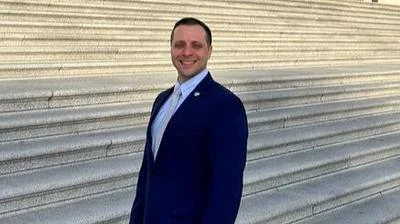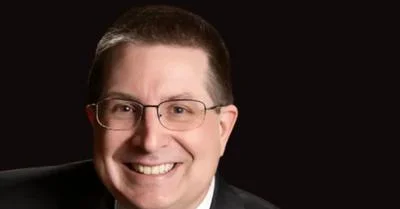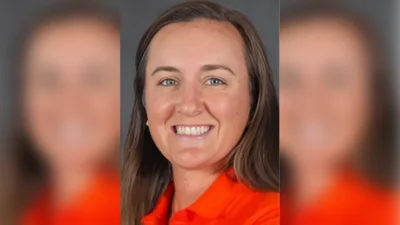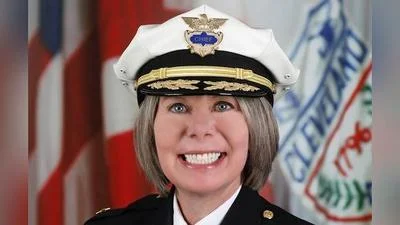Economics alumna analyzes effect of pandemic on student assessment | https://wooster.edu/wp-content/uploads/2023/03/MahiLal.jpg
Economics alumna analyzes effect of pandemic on student assessment | https://wooster.edu/wp-content/uploads/2023/03/MahiLal.jpg
Mahi Lal ’22, a College of Wooster economics alumna recently contributed to a national press release elaborating on the effect of the pandemic on student assessment through her work at Optimal Solutions Group. Now a research analyst at the public policy consultancy firm in Washington, D.C., Lal says her Wooster experience prepared her for success.
As an international student from India, Lal had her sights set on economics since high school. With the liberal arts education she earned at Wooster, she learned to approach issues she is passionate about from many perspectives. Along with a math minor, she also took psychology and women’s, gender, & sexuality studies courses. She built a solid foundation in the fundamentals of economics and developed quantitative and software expertise (Stata). She also built close relationships with many of her professors including Amyaz Moledina, professor of economics and business economics; Melanie Long, assistant professor of economics and business economics; and Brooke Krause, associate professor of economics.
“I call them the trifecta, the three professors who I know I can go to with any academic issue in my life,” she said. “I was completely mesmerized with the way they teach, what they teach, and how they teach. They were willing to go beyond the books. They answered questions that I had in mind and was curious about,” said Lal. She credited Moledina for her growing interest in social entrepreneurship. Lal worked with him in the Global Social Entrepreneurship Program which pairs students with non-profit organizations to work on social change projects. Long helped Lal pick up coding skills during her time at Wooster.
“When I chose to major in economics there were a lot of new faculty, who approached economics from a heterogeneous perspective, and I liked that.” Lal found that incorporating representation in economics led to a sense of inclusivity for her as a student. “Representation is important, and you need more people who belong to different backgrounds in the field.” In the same way, Lal co-founded the Wooster Women and Gender Minorities in Economics (WWGME) club on campus to help introduce new gender-specific perspectives to the field. A critical aspect for her was to empower women to play a role in economics by forming ideologies, publishing papers, and writing textbooks.
The liberal arts curriculum at Wooster taught Lal to tackle problems from multiple perspectives. “Art and science are just two sides of the same coin. You need both.” Her exposure to different subjects added to her knowledge as an economics major. “I’ve always been a proponent of approaching an issue that I am passionate about with as many perspectives as possible. And Wooster teaches exactly that,” she said. “I took many courses in psychology and women’s, gender, and sexuality studies that built up my perspective.” For Lal, that added perspective broadened her understanding of economics.
“Economists make assumptions to solve a problem, but it’s more valuable to nitpick at the assumptions themselves to create a more practical solution,” said Lal. “The things that we’re learning are not black and white, for example, there are different kinds of poverty. The kind of poverty in the U.S. is very different from what you would experience in India.”
As a research analyst at Optimal Solutions Group, Lal is applying her broad perspective along with her quantitative and analytical skills from her major to study national problems. “We are looking at the effect of the COVID-19 pandemic on student assessment using the Nation’s Report Card scores for math and reading, to determine any significant changes during remote learning,” said Lal, noting the study was covered by The New York Times in fall 2022. “I don’t think I could have asked for a better project to be a part of coming out of Wooster.”
She made a connection at Optimal with alumnus Sadaf Asrar ’11, her supervisor, through her professors at Wooster and is using the work experience as her OPT, or Optional Practical Training, a federal program that allows international graduates to work in their area of study while on their student visa through the College. STEM students can extend their OPT for up to three years. The clients at Optimal range from small business administrators to the National Center for Education Statistics of the U.S. Department of Education.
“I think where I am right now is because of people at Wooster,” said Lal, mentioning that professors supported her after graduation, and guided her through college. “The camaraderie and the solidarity I found and experienced at Wooster helped me inculcate values that are so close to me.” Lal’s goals don’t end with her role at Optimal Solutions Group. “I want to go to a Ph.D. program in the next couple of years. I’ve been involved in research initiatives since sophomore year at Wooster, whether it was a research assistantship with a professor or the social entrepreneurship program. All those opportunities over four years helped me gain a love for research,” she said. “Wooster made me ready for taking on the long and strenuous struggle of obtaining a Ph.D.”
Original source can be found here






 Alerts Sign-up
Alerts Sign-up